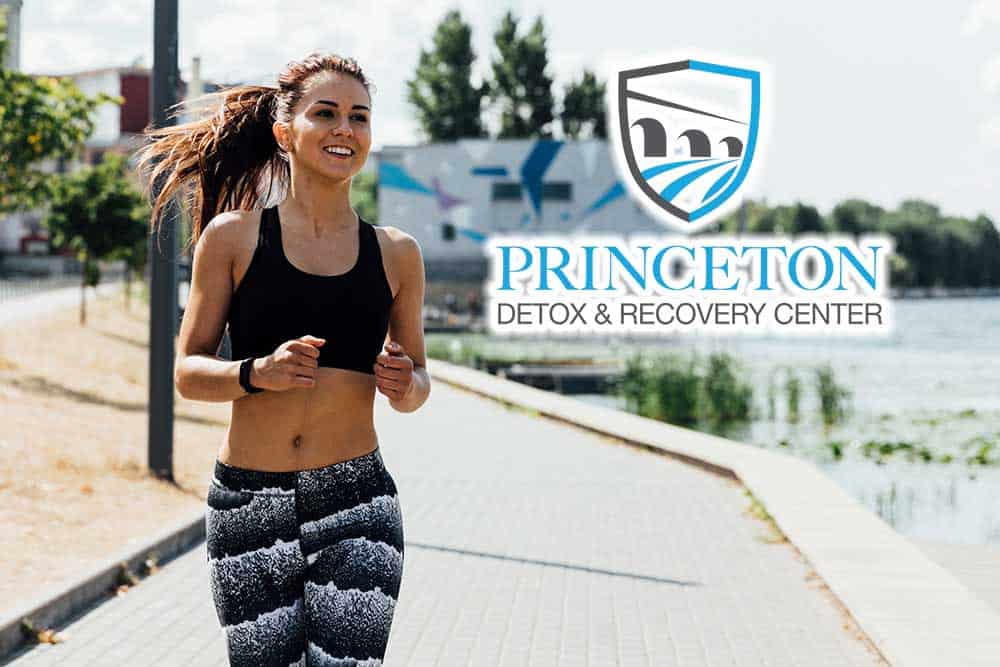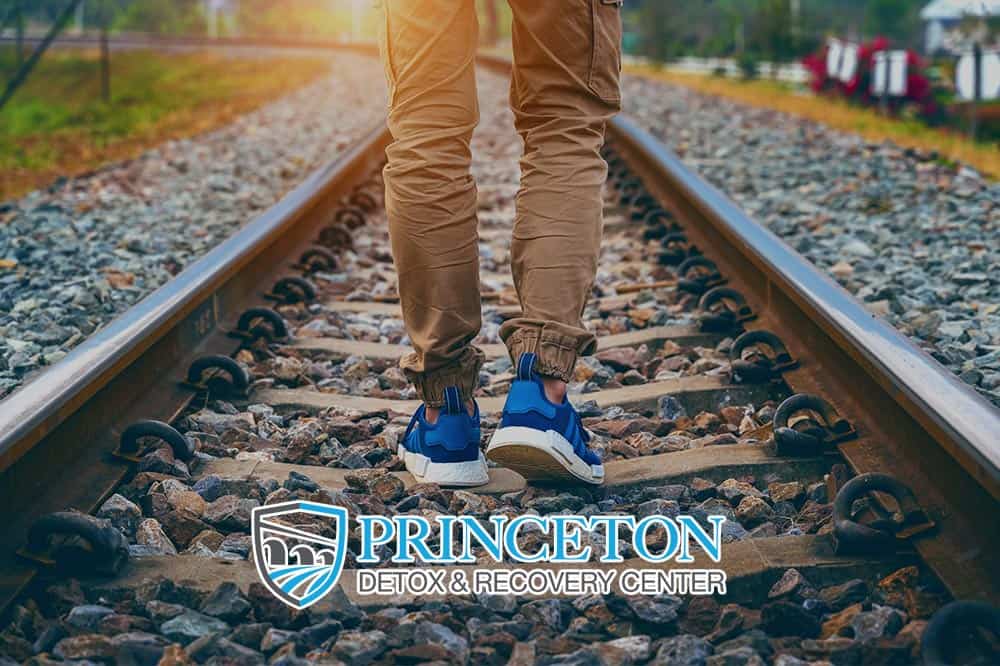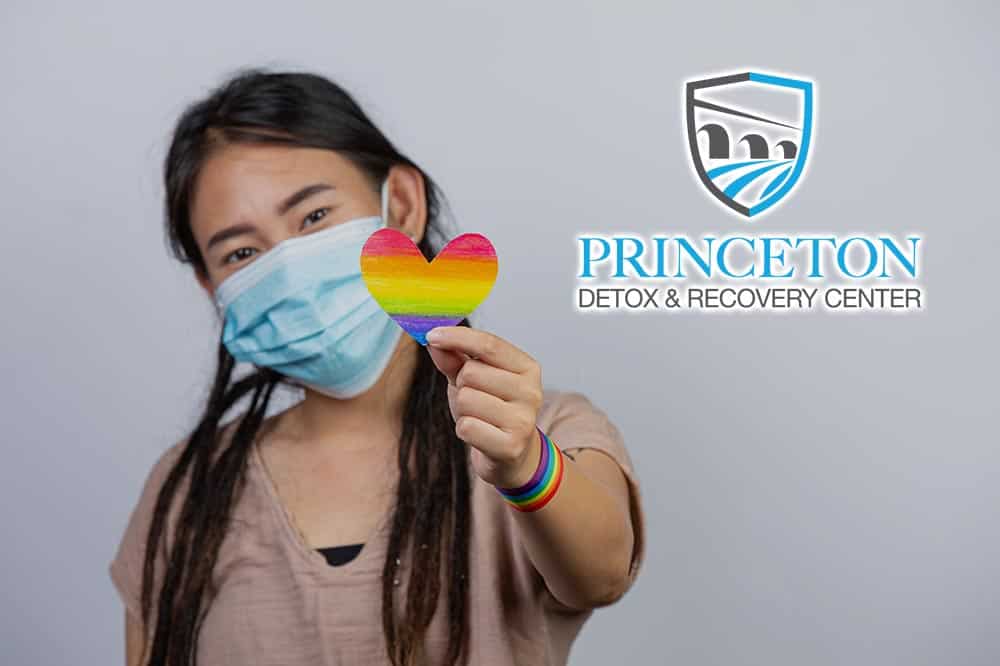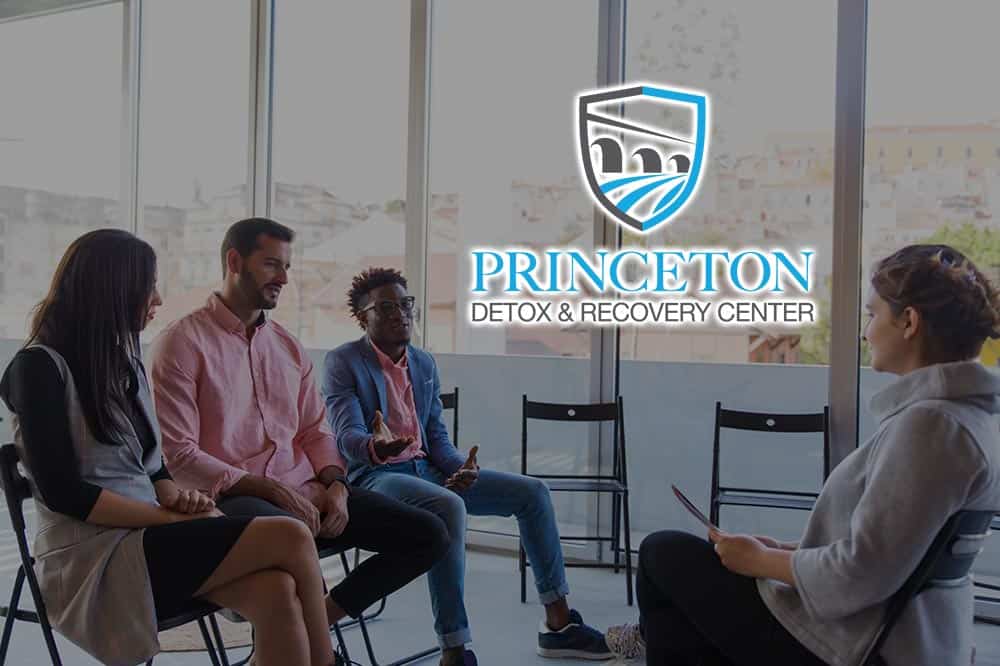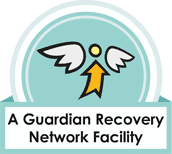The National Institute on Drug Abuse reports that while addiction can be adequately treated, it can never be completely cured. Like other chronic diseases, addiction will require a lifelong continuum of care in order to remain in remission. One of the most important components of every long-term recovery program is the ability to stay positive. Those who are recovering from active addiction likely have a propensity to engage in negative thinking patterns. Switching negative thoughts to positive one does not come naturally, thus doing so must be continuously practiced and perfected over time. Like all other components of early addiction recovery, staying positive will require a little bit of hard work and dedication. Fortunately, Princeton Detox & Recovery Center is available to help! We have compiled a list of 10 effective tricks to staying positive during addiction recovery. Take a look!
Staying Positive During Addiction Recovery
1) Identify your personal relapse triggers and avoid triggering people, places and things – The less stressed you feel, the more positive you will be. One of the most stress-inducing parts of early recovery is feeling triggered – fortunately, triggers can be successfully avoided (for the most part). When they cannot be avoided, having a solid set of coping mechanisms in place will be essential. In inpatient treatment you will begin developing your personal relapse prevention skills, and you will be allowed the opportunity to apply these skills in real life situations once you transition on to sober living. With all of this practice under your belt you can rest assured that no matter what adverse circumstances or situations you encounter in early recovery, you will be able to make it through unscathed.
2) Working on building healthy relationships with other like-minded men and women – Addiction is a disease of isolation. While you were actively grappling drug addiction, you likely pushed away your loved ones and spent the majority of your time alone. One of the most important parts of recovery is learning how to interact with others in a healthy and productive way. Building healthy relationships will help you stay positive in addiction recovery for several reasons. First of all, friendships are important. Learning to rely on others when you are feeling down is a skill – a skill that you will inevitably learn in recovery. Friends will be able to lift you out of slumps and keep you out of your own head. Avoid isolation and stay involved in your recovery community, and you will have an easier time warding off negative thoughts and feelings.
Ready To Begin Your Detox?
Don’t let addiction control your life.
Call us today and let’s get you started on the path to a better you.
3) Practice a comprehensively healthy lifestyle – You will learn how to look after your emotional and mental health, and you will slowly develop a sense of spiritual health as well. But try not to forget to pay attention to your physical well-being – taking care of your body will help foster positivity and keep you feeling happy and whole. An article published by Science Direct confirms the importance of nutrition in addiction recovery. Get enough sleep every night, pay attention to what you’re eating and spend at least half an hour exercising every day. When you feel good in your physical body, it will be easier for you to maintain a positive state of mind.
4) Stay grateful and remember to keep things in perspective – There is no doubt that regardless of what hardships you’re going through in recovery, you are better off than you were when you were actively abusing drugs. As they say, “Your worst day sober is better than your best day using.” If you are starting to feel down just remember where you came from – take an honest look at how far you’ve come in such a short time, and find certain things to be grateful for. Making a gratitude list can help with positivity. Simply write down five things you’re grateful for in the present moment, no matter how mundane these things may seem. Do you have a place to stay? Do you have clean clothing? Do you have food in your belly? Then you have quite a lot to be grateful for!
5) Do what you can to work through past mistakes and remedy past wrongs – It is important to note that this does not mean “dwell on the past.” Work closely with a sponsor (in a 12 step program like Alcoholics Anonymous) that can help you make amends when the time is right. Your sponsor will help you determine what past mistakes you can safely fix and which are better left unaddressed. “Clearing house” will help you stay positive, because you will have less weighing you down.
6) Celebrate all of your small victories – Staying sober is a major accomplishment in and of itself – don’t forget that! Every night you go to bed sober you should be extremely proud. Celebrate milestones in your recovery as well. Acknowledging all of your hard work will help keep you positive and grateful, and remind you that you are completely capable of maintaining long-term sobriety and turning your life around for good.
7) Focus on becoming financially independent – Of course, you can stay positive and remain grateful no matter how much money you have in the bank. But landing yourself a stable job and beginning to work towards financial independence will build self-esteem while helping put your mind at ease. Those who are actively engaged in drug addiction will likely suffer financially and become harshly limited as a result. Working towards a financial goal will help you further regain control of your own life. You will no longer have to rely on your family members for financial assistance, and you will be able to repay your loved ones for all of their prior assistance. You will have more freedom to pursue your own personal goals!
We Are Here For You
Let Us Help You Heal
Our Drug & Alcohol detoxification experience is second to none.
Learn how we can help by speaking with one of our Treatment Advisors today.
8) Prepare yourself for post-acute withdrawal – It can be difficult to stay positive when you’re grappling with symptoms of post-acute withdrawal. Symptoms might include mild depression or anxiety, sleep-related issues and mild physical symptoms like headaches or stomach cramping. Speak with your case manager, therapist or physician and see what can be done – in some cases, non-narcotic medications or holistic methods of healing will be suggested. When these symptoms are being effectively managed you will be more freed up to focus on bolstering your recovery and continuously growing.
9) Discover what you can do to challenge negative thoughts in a healthy and productive way – An article published by the Journal of Addiction Research and Theory suggests that staying grateful and effectively processing negative emotions when they arise can significantly impact the length and quality of sobriety. Having negative thoughts crop up from time to time is entirely normal and expected. The trick is acknowledging these thoughts and working through them rather than shoving them down and ignoring them.
10) Engage in activities that make you feel good about yourself – Self-esteem is built through esteemable acts. If you consistently do things that make you feel good about yourself, you will slowly develop an unwavering sense of self-esteem and self-worth. The more positive, productive and healthy choices you make, the better you will feel.
Princeton Detox & Recovery Center
At Princeton Detox & Recovery Center we focus on instilling our clients with all of the tools they need to go on and lead the lives they deserve; lives of long-term, fulfilling addiction recovery. Positivity is key when it comes to recovery, and we believe that staying grateful and maintaining a positive outlook will only work to bolster overall well-being and help clients achieve lifelong sobriety.
To learn more about our program, contact us and speak to one of our Treatment Advisors today.

Reviewed for accuracy by:
Amanda Hilzer M.Ed, CAADC, IADAC, ICCS, LCADC, CCS
Amanda graduated from Lehigh University with both an undergraduate degree in Psychology and a Master’s of Education degree in Counseling Psychology and has worked in the field of substance use disorder treatment and mental health treatment as a counselor and as a clinical manager for over 14 years.














